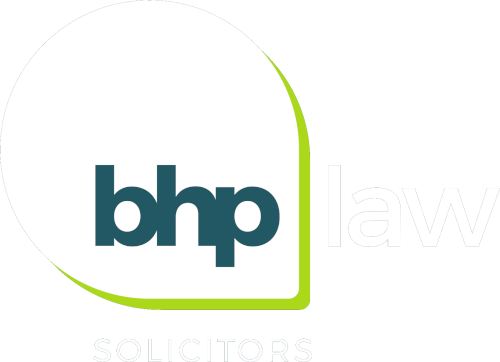28th October 2020

A recent case in the Central Court of London dealt with by our Dispute team involved allegations that our client had been acting as a Shadow Director. This played a role in the litigation we were dealing with.
Various people can be involved in the running of a company, ordinarily managed by directors recorded as such at Companies House. A director of a company owes fiduciary duties which include promoting the success of the company; exercise reasonable care, skill and diligence; and avoid conflicts of interest. Directors’ duties can create conflicts when acting in the best interests of the shareholders, employees and creditors. Often these groups can disagree with the actions taken by the directors which can give rise to claims against them for breach of fiduciary duties.
Most employees or people involved with the running of a company don’t owe such a duty. In the case BHP Law recently dealt with, an argument was raised that our client was a shadow or de facto director.
De facto and Shadow directors
Under ss250 and 251 Companies Act 2006 there may be other people working in the company who may still owe fiduciary duties and can be held liable for a breach and find themselves as a defendant to proceedings. These are ‘de facto’ and ‘shadow’ directors. There is a distinction between the two which is important to note as liabilities will differ.
De facto directors, although not formally appointed by registration at Companies House, occupy and claim the position of a director. They must be more than a mere agent, employee or advisor, and must be or have been part of the corporate governing structure and participated in directing the affairs of the company in relation to the acts or conduct complained of.
Shadow directors are people in accordance with whose directions or instructions the directors of the company are accustomed to act. The courts have held that, to be ‘accustomed’, such instruction or direction would require proof of a pattern of conduct (not a single event) and real influence over the company’s activities. Where appointed directors cast themselves in a subservient role or surrender their respective discretions the courts will usually find the person communicating directions or instructions is a shadow director.
In our case it was pleaded that because our client had previously been a director she was a de facto director, and a further allegation of directors acting on her advice gave rise to a claim that she was a shadow director and owed a continuing duty to The company. In our client’s defence, it was argued that she acted in her capacity as shareholder not a de facto director, and there would need to be evidence to satisfy the requirement that any advice she gave to the directors of the company was recorded, acted upon, and relevant to the losses being claimed.
In our case it was successfully argued that our client was not either a shadow or de facto director and we were successful in avoiding a claim against her.
There are however other responsibilities and duties that can be owed by de facto and shadow directors:
Liabilities
De facto directors will owe the same fiduciary duties as an appointed director. This means that any claim that could be made against a formally appointed director could be made against a de facto director. A shadow director’s duties can arguably be limited to good faith in the directions or instructions being given.
HMRC joint liability notices
Anyone that falls into any of the three categories of director should be mindful of the effect of the Finance Act 2020 on potential claims by HMRC. For business insolvencies that commence on or after 1 December 2020, HMRC becomes a secondary preferential unsecured creditor in respect of taxes such as income tax, NI and student loan contributions, VAT, construction industry scheme deductions, penalties and any interest. Individuals who, at the time, were directors, de facto or shadow directors, or taking part in the management of the company may receive a joint liability notice from HMRC where it appears they have been responsible for or entered into tax-avoidance arrangements or tax-evasive conduct. The recipient of a joint liability notice will be held personally responsible, either jointly or solely, for the sum outstanding.
How can BHP Law help?
At BHP Law our Dispute Resolution team is experienced in company matters from both sides of the coin. If you are concerned as to a person involved in the running of a company seeking to avoid obligations by remaining ‘off the record’ as a director we can advise as to your specific circumstances. Similarly if you have received correspondence or a claim against you as an alleged shadow or de facto director we can advise and assist in defending these claims.
Our commercial team can also assist in the proper set up of your company to avoid these issues in the first place and provide advice and exit strategies if your company is not doing well.
Simply contact the team on 01325 466794 to discuss with us or arrange an appointment. Given the current guidance appointments can be carried out by phone or video conference. Although staff at our offices is very limited, our specialists are all able to work from home and will be happy to help you through these turbulent times.


